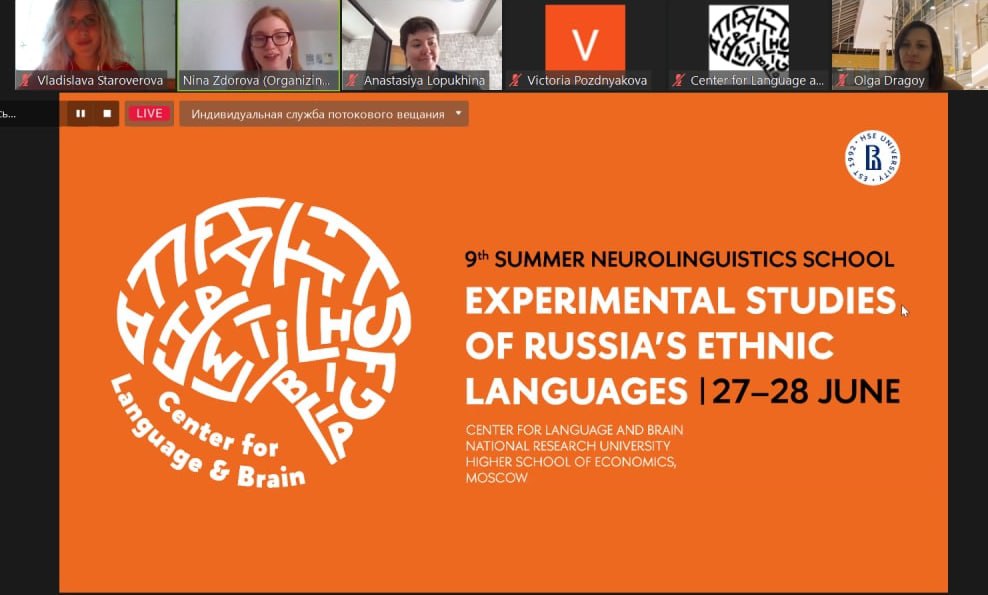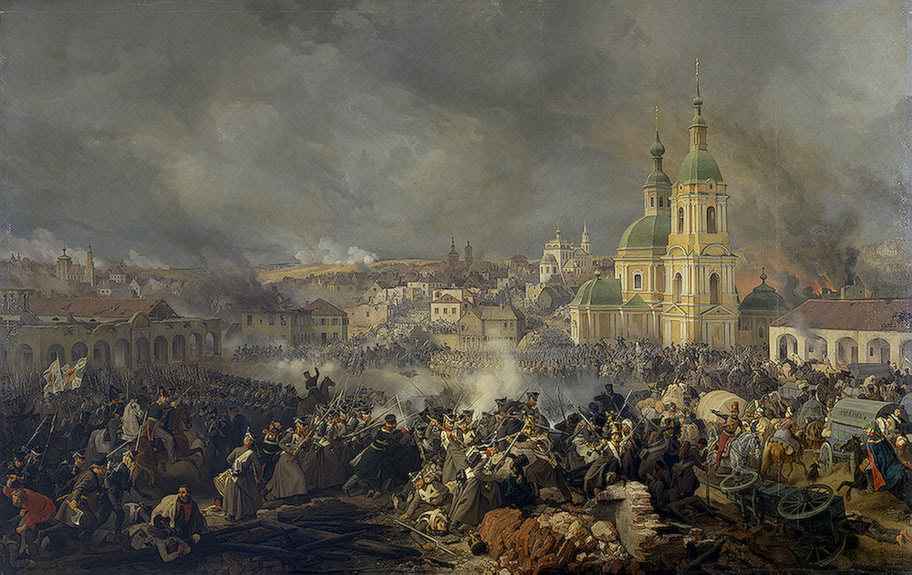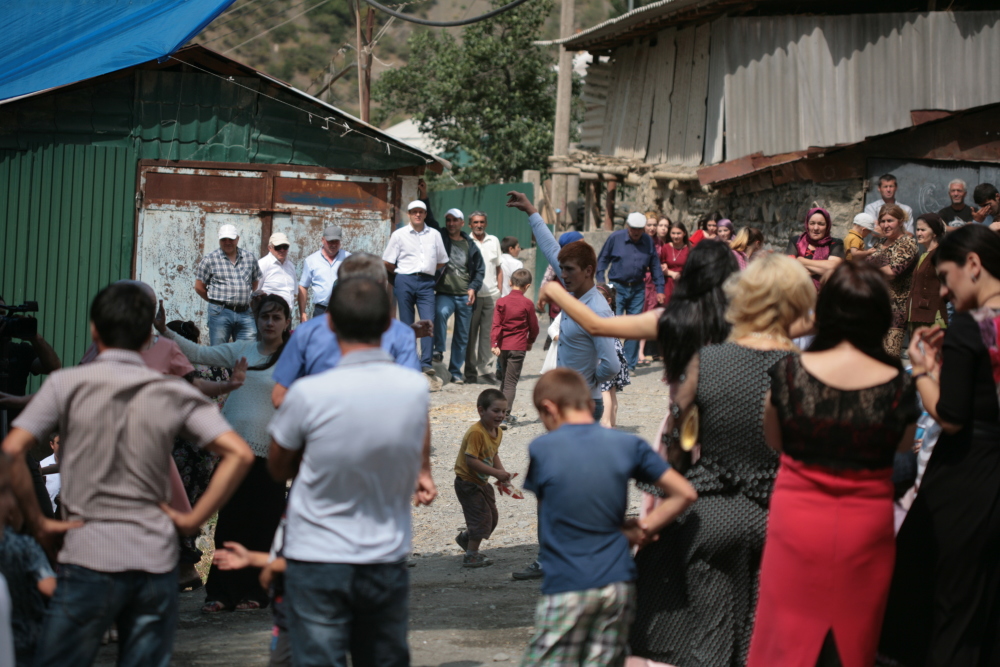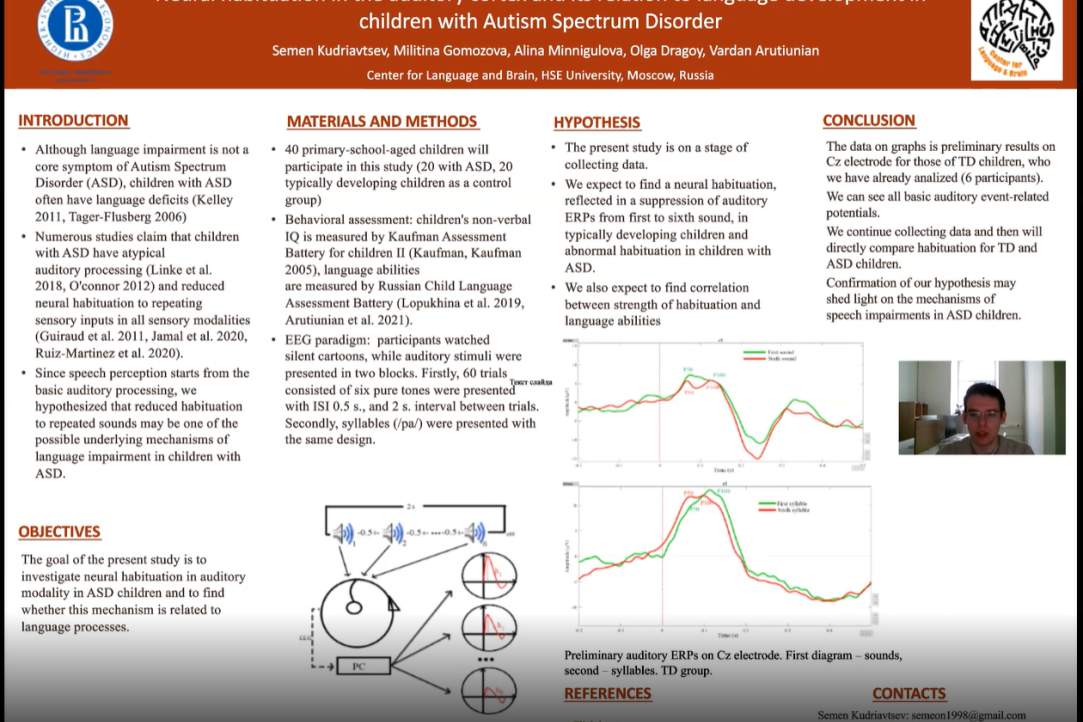November 25, 2021 marked the publishing of a corpus of Soqotri folklore texts. Translated into Classical Arabic, the texts are accompanied by a brief introduction explaining the basic principles of the Soqotri writing system, which is based on the Arabic orthography. The authors of the book are Soqotri native speakers Ahmed Isa al-Daarhi, Isa Gumaan al-Daarhi, and Maysoon Mohammed Aldarhi. It was published by Maria Bulakh and Leonid Kogan under the editorship of Prof. Vitaly Naumkin, Corresponding Member of the Russian Academy of Sciences. The publication was supported by the UAE Embassy in Moscow.
.jpg)
.jpg)








.jpg)







